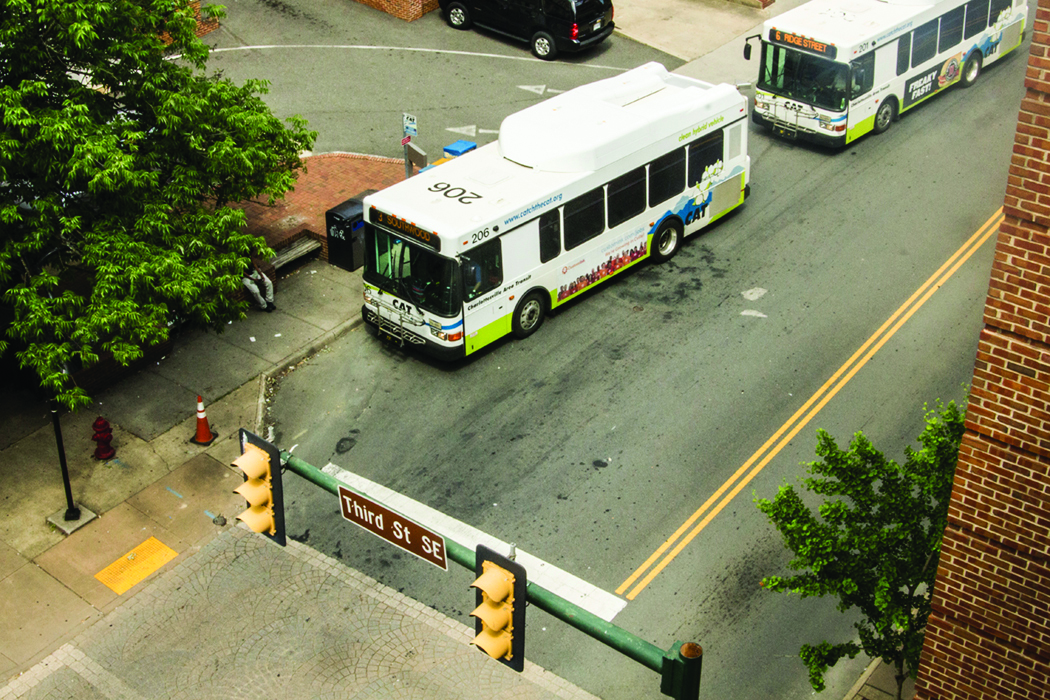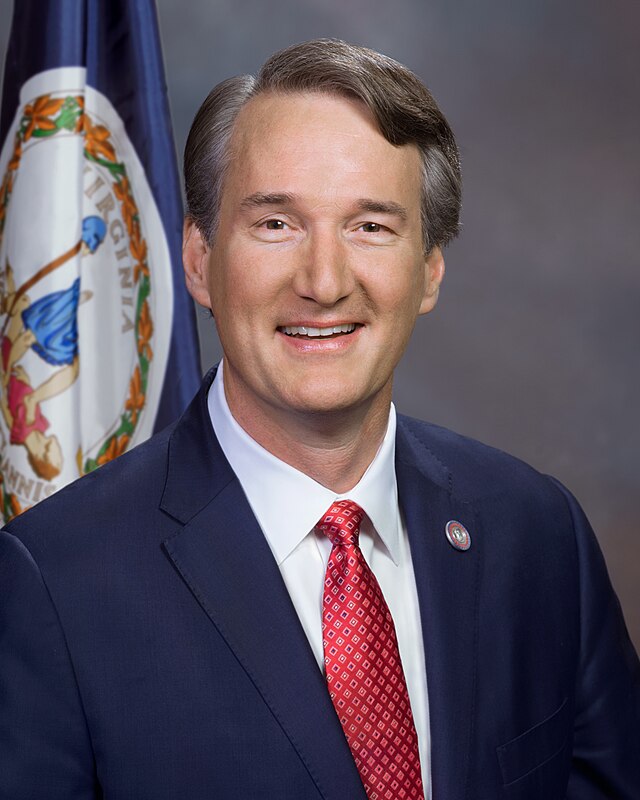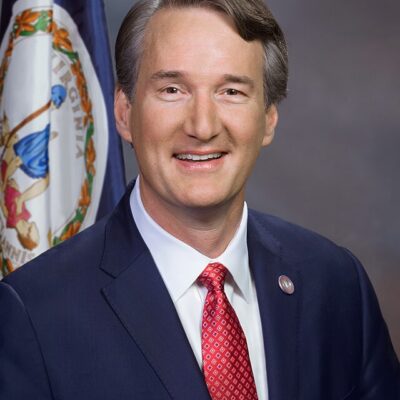For decades, Virginia has had controversial right-to-work laws, which ban employers from requiring union membership. Though supporters of the laws claim they protect the rights of workers and attract businesses, others say they weaken unions, keep wages low, and benefit corporations—Virginia has one of the lowest unionization rates in the country. But under the Democratic majority in the General Assembly, labor laws have slowly begun to change. And Charlottesville Area Transit drivers are hoping to take advantage of that.
Thanks to new laws, municipalities now have the authority to enact ordinances allowing city and county employees to form unions and engage in collective bargaining. Previously, state law prohibited municipalities from recognizing any union as a bargaining agent for public employees.
“We’ve been active as far as trying to get [a union] together for a while now, but just haven’t been really successful,” says Matthew Ray, who has driven for CAT for seven and a half years. “Having representation—a go-between between us and the city—is definitely needed now.”
The primary reason for the union push is wages. Full-time CAT drivers start at $16.97 an hour. Only a few currently earn over $20 an hour—the longest-serving driver makes $23.28 an hour. (Over a year, $20 per hour of full-time work comes to about $41,000.)
“The disparity in pay between myself and someone who has been here twice as long as I have is something like an 89-cent difference,” says Ray.
Meanwhile, unionized bus drivers make much higher wages across the state, according to John Ertl of the Amalgamated Transit Union. The ATU’s drivers in other cities earn as much as $33 an hour, Ertl says.
“A lot of these folks here, they can’t afford to live in the community that they serve,” says Ertl of CAT drivers. “A lot have to work multiple jobs. These folks have given it their all through the pandemic, Nazi rally, snowstorms…even though they have to drive in from distant counties to make it here.”
“You have to go through regular drug screenings, wake up at 3 or 4am, drive a bus for long days, hold your urine for hours at a time, get spit on by angry customers who don’t want to wear their masks,” he adds. “It’s a very hard, tough job.”
In addition to negotiating higher wages and better terms of employment, a union will help reform CAT’s grievance and disciplinary processes, which are currently handled by City Hall. Ray says the policies can be unclear, and are not always followed.
“As an employee, I really can’t trust the people above me, because they’re not going through the process,” Ray says.
Ertl points to the racist origins of right-to-work laws—which were adapted mostly in the 1940s and 1950s by segregationist politicians to prevent organizing among workers of all races—as another reason to allow collective bargaining. The phrase right-to-work was popularized by white supremacist and anti-Semite businessman Vance Muse, who lobbied for anti-union laws across the South, so that “white women and white men [will not] be forced into organizations with black African apes.”
“We’ve taken down the statues here, but we still have the legacy of Jim Crow here [with] the anti-union laws,” says Ertl. “If you look at [CAT], it’s predominantly people of color, and a good amount of immigrants.”
This year, Charlottesville firefighters have also urged City Council to pass a collective bargaining ordinance for city employees. Though the Charlottesville Professional Firefighters Association helps firefighters advocate for themselves, it is not recognized by the city and has no contracts with it.
Once City Council comes back from its recess in September, Ertl expects the councilors to begin discussing a collective bargaining ordinance. So far, Councilor Michael Payne has been the biggest supporter of the union effort.
“Now that it’s allowed under state law, I think it’s time for the city to allow public employees to collectively bargain,” Payne says.
“Furthermore, I hope that CAT employees unionizing can be part of a broader effort to expand unionization throughout Charlottesville and central Virginia—including big fights to expand unionization into the private sector and repeal right-to-work in Virginia,” he adds.
In the meantime, Ertl is working to get more CAT drivers to join the ATU and sign union cards. Most long-time drivers are on board with unionizing, but it’s been more of a challenge with the newer drivers who are not familiar with unions, says Ray.
Once a majority of CAT drivers have shown an interest in unionizing, they will go through the process of getting the city to recognize them. The city will then have 120 days to respond. Ertl hopes council will pass an ordinance before an appeal is necessary.
“[CAT drivers] just want to have a seat at the table and the same rights that transit workers elsewhere have,” he says. “They need the right to be able to advocate for themselves and boost their standard of living.”






